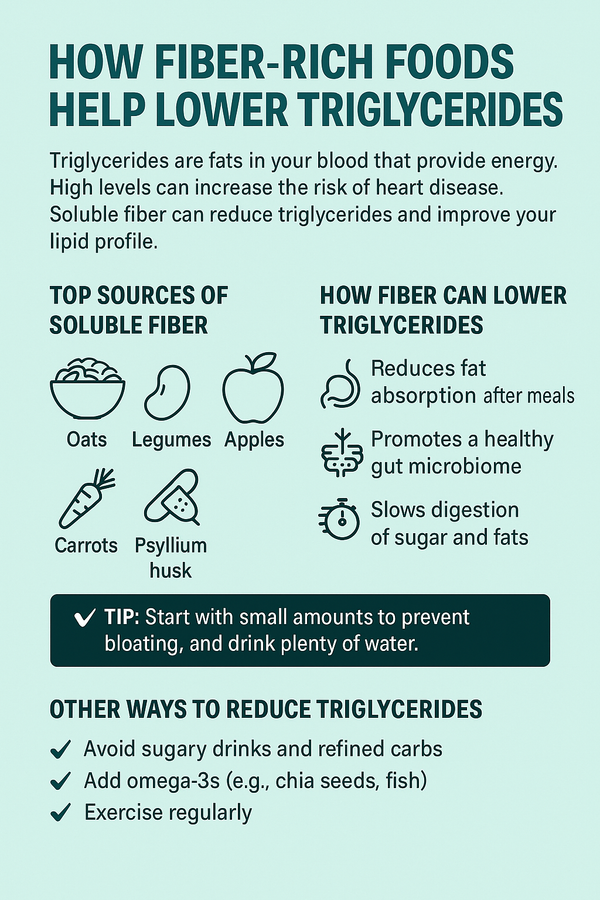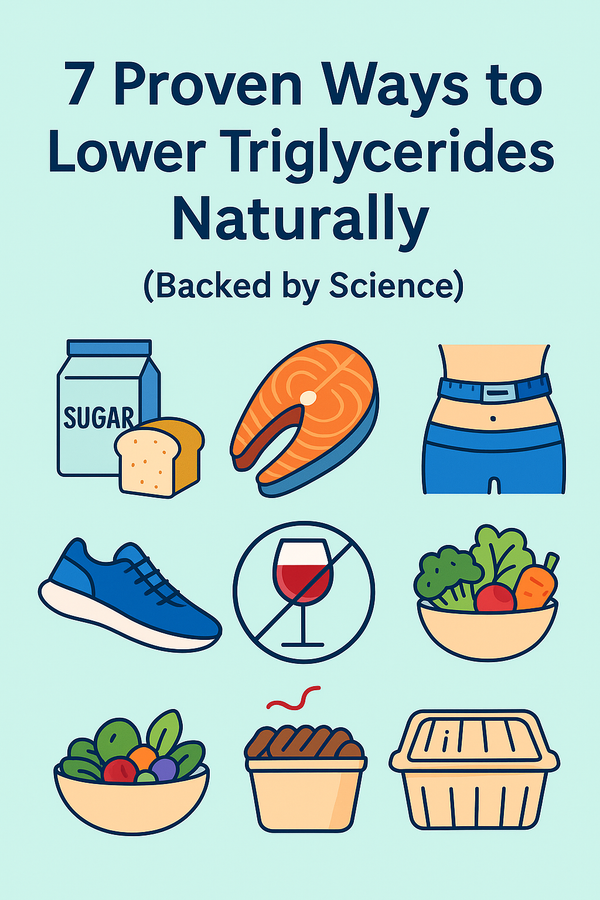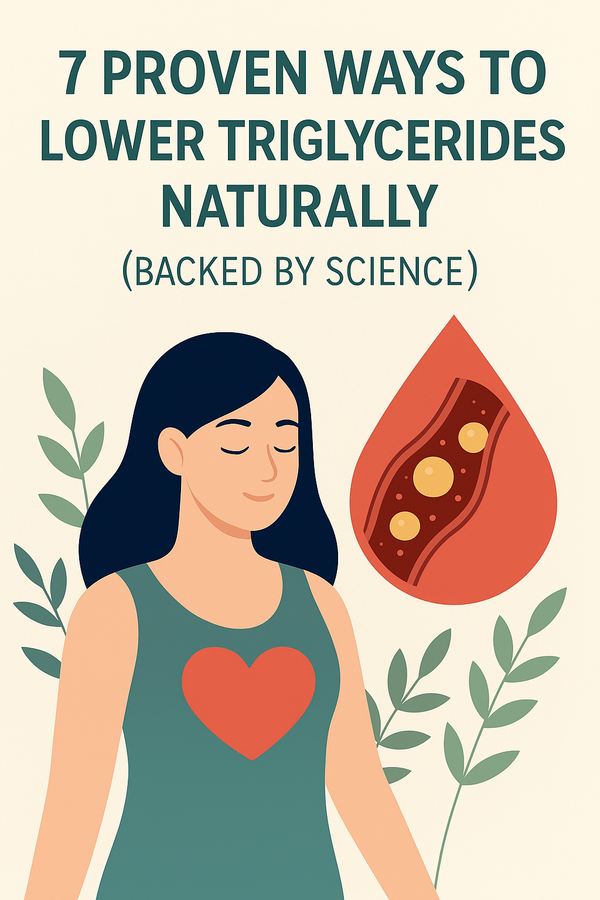Is Your Gut Behind Your Hormonal Imbalance?

Introduction: When Your Hormones Feel “Off”
Do you feel moody for no reason, deal with irregular cycles, or struggle with weight changes that don’t make sense?
Hormonal imbalance is more common than you think — and it’s not just about your ovaries or thyroid.
An often-overlooked root cause is: your gut health.
How Hormones and Gut Health Are Connected
Your gut isn’t just for digestion — it plays a powerful role in hormone production, regulation, and elimination.
A healthy gut microbiome helps:
- Convert nutrients into hormone-building blocks
- Metabolize and remove excess estrogen
- Regulate cortisol (your stress hormone)
- Communicate with your brain via the gut-brain axis
When your gut is out of balance, it can contribute to:
- Estrogen dominance
- Blood sugar instability
- Chronic fatigue
- Mood swings and anxiety
Common Symptoms of Hormonal Imbalance (Rooted in the Gut)
If these sound familiar, your gut might be playing a hidden role:
- Irregular or painful periods
- Bloating, acne, or water retention
- Cravings (especially for sugar or salty foods)
- Low libido
- Poor sleep or waking at 2–4AM
- Weight gain around the belly
📌 These symptoms are often treated separately — but the root might be systemic inflammation from the gut.
The Role of the Estrobolome
The estrobolome is a group of gut bacteria that helps metabolize estrogen.
If this group is disrupted, your body may not process estrogen properly, leading to:
- High circulating estrogen
- PMS-like symptoms
- Mood changes
- Increased risk of fibroids or endometriosis
💡 Supporting the estrobolome naturally through diet and lifestyle is one way to bring hormones back into balance.
How to Support Your Gut for Better Hormone Health
1. Eat More Fiber
Helps flush out excess estrogen and feeds good bacteria. Include:
- Ground flaxseeds
- Lentils and chickpeas
- Leafy greens
- Berries
2. Balance Blood Sugar
Spikes and crashes in blood sugar = stress for your hormones.
Eat meals that combine protein, healthy fats, and fiber.
3. Manage Inflammation
Gut inflammation contributes to hormonal resistance.
Avoid triggers like excessive alcohol, processed sugar, and low-quality oils.
4. Focus on Sleep and Stress
Poor sleep = more cortisol = more hormone disruption.
Aim for consistent bedtime, low light at night, and morning sunlight exposure.
Final Thoughts: You Can’t Fix Hormones Without the Gut
If you’ve tried hormone supplements or adjusted your diet but still feel off, the missing piece might be inside your microbiome.
Your gut plays a foundational role in hormone clearance, stability, and communication with your brain.
Start by taking care of your digestion, nourishing your bacteria, and reducing daily stressors.
🌿 Balanced hormones often begin with a balanced gut.



